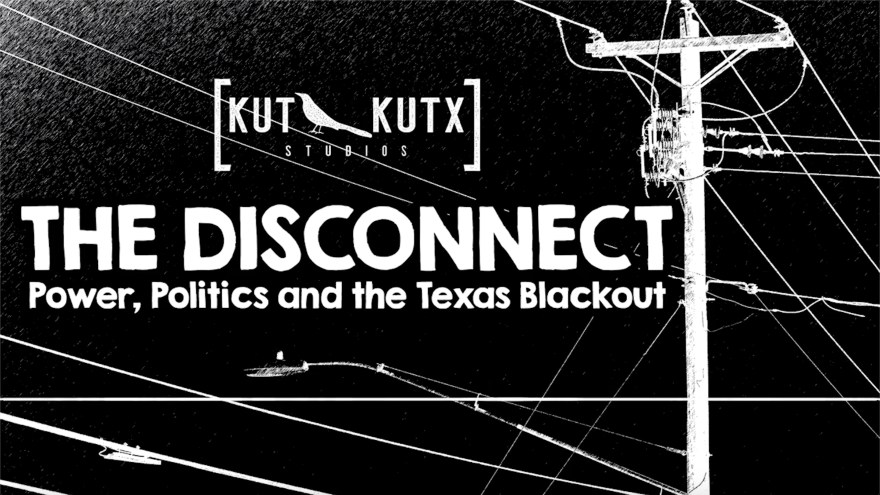Friday's out-of the blue call for energy conservation showed the system is working exactly as intended, grid operators suggested Tuesday.
Six natural gas power plants had broken down amid a heat wave and historically high electricity demand. The sudden drop in electricity supply rattled the system through the weekend.
During a press conference Tuesday, the heads of the Electric Reliability Council of Texas and the state’s Public Utility Commission dismissed concerns that more power plants could suddenly break down. They said the power grid was ready for record-breaking energy demand this summer.
“The lights are going to stay on this summer, and thank you for playing your part in ensuring grid reliability,” Peter Lake, the chair of the Public Utility Commission of Texas, said. “We're all part of this together.”
On Monday, ERCOT released its quarterly evaluation of the electric grid, called a Seasonal Assessment of Resource Adequacy. The report found that Texas' energy reserves are bigger than they've been in years. It concludes the state should be able to get through the hottest months without rolling blackouts under all but the most extreme scenarios.
But some independent analysts say the assessment downplays the likelihood of those scenarios and the possibility of multiple failures cropping up on the system simultaneously.
“I don't think the grid is ready to handle another 2011-style heat wave,” said Dan Cohan, a professor of civil engineering at Rice University. “I don't think the grid is ready to supply all the demand without at least having some localized, very brief, rolling blackouts this summer. "
2011 was Texas’ hottest year on record. Meteorologists and the state climatologist have warned that Texans could be in store for something close if current weather trends continue.
The release of the power grid’s seasonal assessment came at an awkward time for the state officials. The high demand and sudden drop in electricity generation a few days earlier signaled supply had gotten tighter than it had since last summer, prompting the conservation request.
But the heads of ERCOT and the PUC insisted Tuesday the fact that an official “energy emergency alert” was not declared Friday meant good things for Texas, while hinting that conservation requests could remain a fact of life in the state.
“Conservation is a good thing,” said Brad Jones, ERCOT’s interim head. “We hope that each of you will turn to conservation as a way to both lower your bill as well as to help all of us in the [electricity] market.”
Jones previously has said he plans to step down from his role at ERCOT before August.













